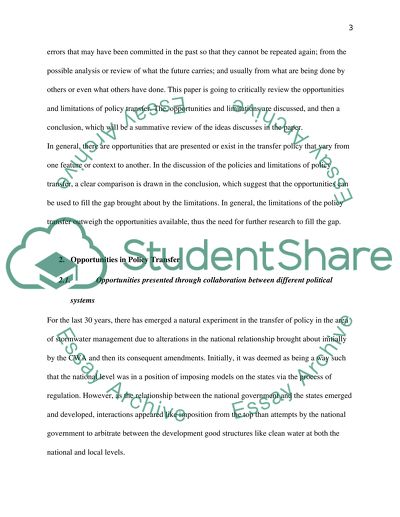Cite this document
(“Critically review the opportunities and limitations of policy Coursework”, n.d.)
Retrieved from https://studentshare.org/social-science/1689765-critically-review-the-opportunities-and-limitations-of-policy-transfer-with-examples
Retrieved from https://studentshare.org/social-science/1689765-critically-review-the-opportunities-and-limitations-of-policy-transfer-with-examples
(Critically Review the Opportunities and Limitations of Policy Coursework)
https://studentshare.org/social-science/1689765-critically-review-the-opportunities-and-limitations-of-policy-transfer-with-examples.
https://studentshare.org/social-science/1689765-critically-review-the-opportunities-and-limitations-of-policy-transfer-with-examples.
“Critically Review the Opportunities and Limitations of Policy Coursework”, n.d. https://studentshare.org/social-science/1689765-critically-review-the-opportunities-and-limitations-of-policy-transfer-with-examples.


